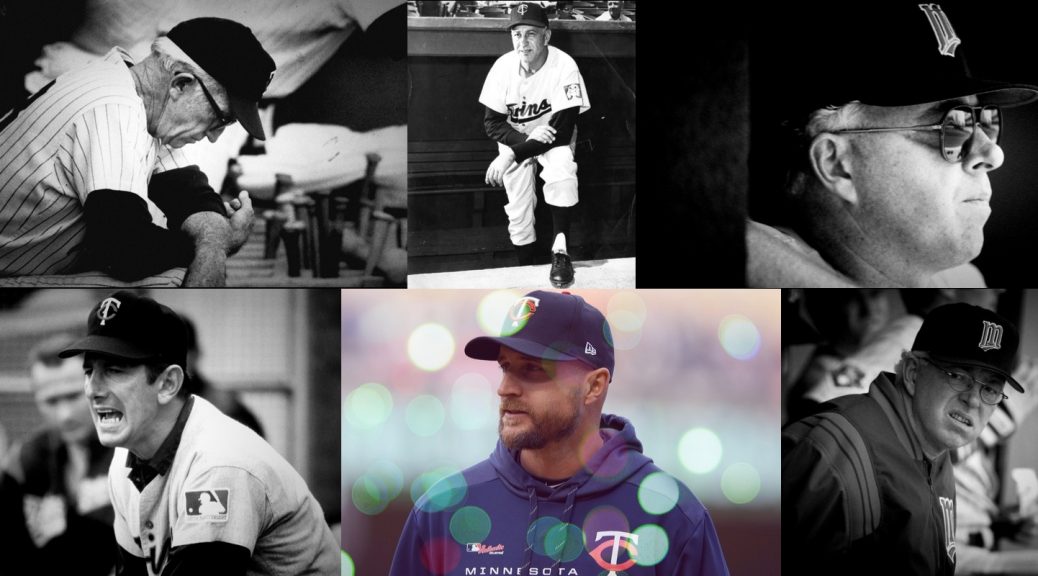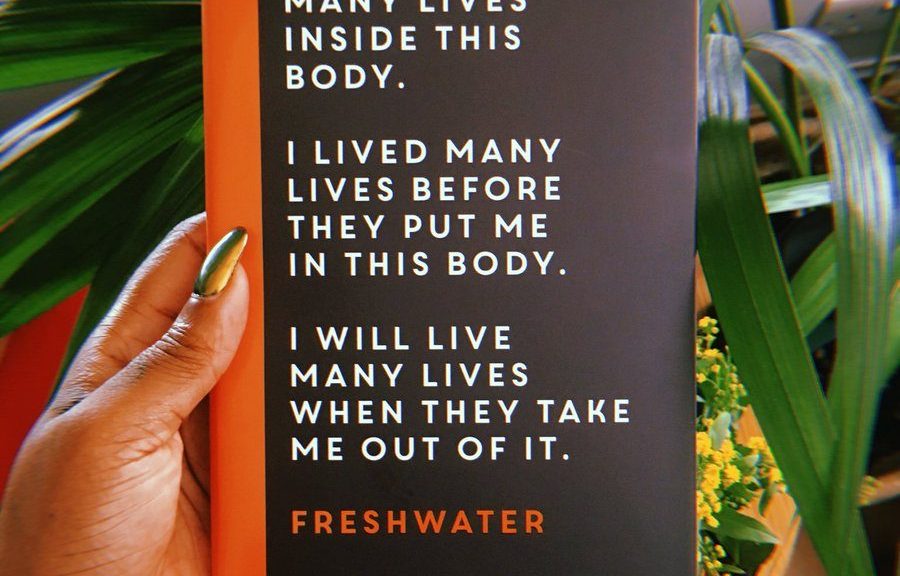This post may be a bit less about parenting, and more about being a spouse. A few years back my marriage felt the aftershocks of numerous friend couples getting divorced. To some degree, several of these divorces were affected by some degree by "empty nest syndrome". Like anything in our lives, preparation is so important when any life changing event happens.
I remember when "the couple who will never break up" told us they were getting a divorce. They never mentioned empty nesting, but reading between the lines it was there. It threw me into a panic. I thought "What happens when our kids move out? Will our marriage survive?" I thought about if for a while and then approached my wife. We have a good marriage, but do have our occasional fights. The topic freaked my wife out. "Why would you want to talk about a potential split?" she asked. Once we both settled down, we talked about expectations we each have after the kids fly the coop.
Her expectations: "We will get to spend much more time together. We never get time together now, and it will be nice to see you much more often."
My expectations: "Yes, I get to spend more one-on-one time with you, but I also look forward to spending more time pursuing interests I have mostly set aside the past 15+ years. Golfing, fishing, fast-pitch softball (old-timer league), etc."
The result of this conversation has led to a 2 year journey of exploring what our relationship will look like. My biggest discovery is just how much my wife has poured into this family. I took much of it for granted. Her absolute dedication to pouring all her time, energy and attention into our family is amazing. She has, for the most part, disconnected with many of her friends over the years. She does have hockey mom, soccer mom friends, but only spent time with them during sporting events. Me? I kept many of the friendships on a thin life line. I still found ways to visit my friends or vice versa.
I also hadn't given much thought to the depth of the mother/child bond. I do love and adore my children, but I did not give birth to them and my wife just has a deeper need to stay connected. I already miss my college freshman son deeply, but it is nothing compared to what my wife is going through. It has been very hard on her not to see him every day and not to care for him every day. With only one of two gone, I am already finding myself spending more time helping her with these feelings and doing what I can to become a better husband to her. More than ever she needs me and I have to be there for her. And... that leads me to what I think is the answer (at least for us) to surviving empty nest syndrome.
In my business, I have always said that adversity leads to opportunity. If a guest at our restaurant hates the food we serve, we rush in and make it right. Remake it, try something else, buy the meal, whatever it takes to make them happy. Turns an unhappy guest into a customer who knows you care, who knows you stand by your product, who knows you listen and value honest feedback. I can make that person a regular guest who will come back and sing our praises to the community.
In my marriage, the adversity of sending our children away has led me to a point where I need to be a better husband. I need to be a better friend. I need to go the extra mile to make her happy. I need to listen to her as she voices her thoughts, fears, frustrations, hopes and dreams. Yeah, I am sure I will get more time chasing my other interests, but that will be the result of building a stronger marriage. During this tough transition, my primary goal has to be supporting and loving my wife and helping her cope. For her part, my wife has taken a very similar approach. This adversity is an opportunity for us to grow closer.
Words of wisdom to those beginning, or in the middle of, the great parenting project:
I used to shake my head at couples who would get a baby sitter and go out a couple times a month as a couple or with friends. We rarely did that as we were laser focused on our kids and their happiness. Looking back, we should have done that more. We should have been enjoying our relationship more. We should have skipped some youth games and enjoyed life more. Being a great parent is an important goal in life, but can never supersede the goal of being a great husband or wife. Or... look at it this way: Strong parenting is built upon a solid base of a strong and loving spousal relationship.
Not sure if this will all be helpful to all of you, but it sure has helped me to write this all down and process where our relationship is at during a challenging time. Thank you all for the opportunity to share.










